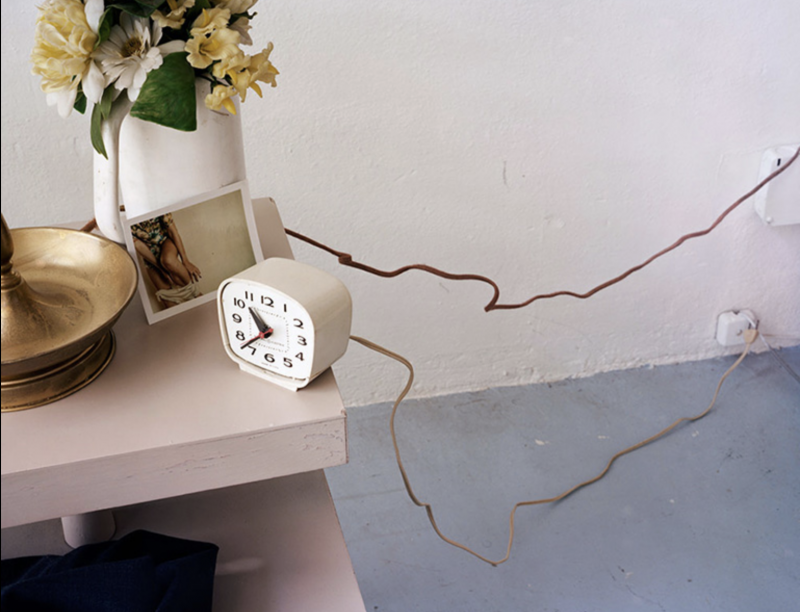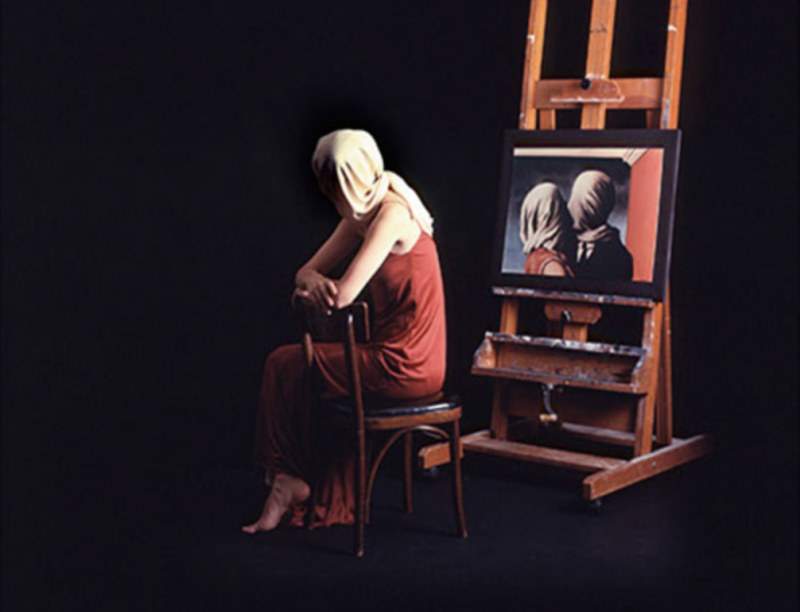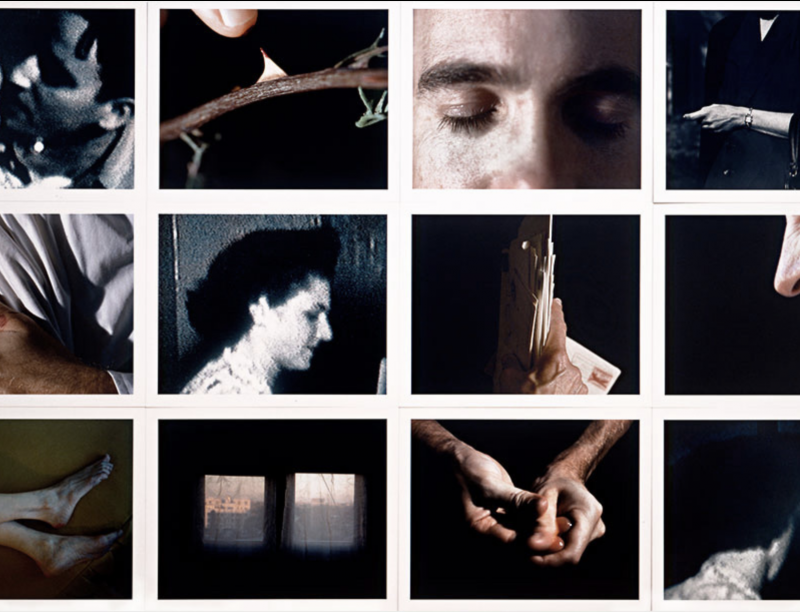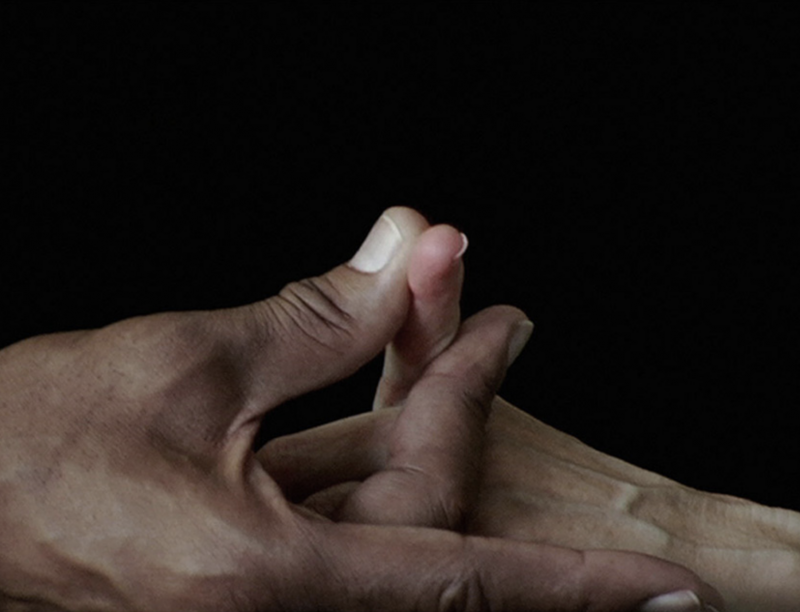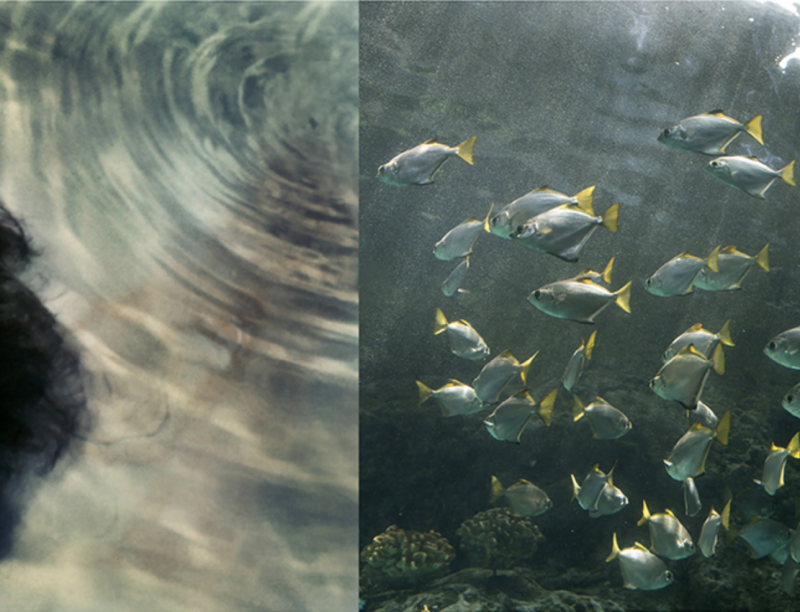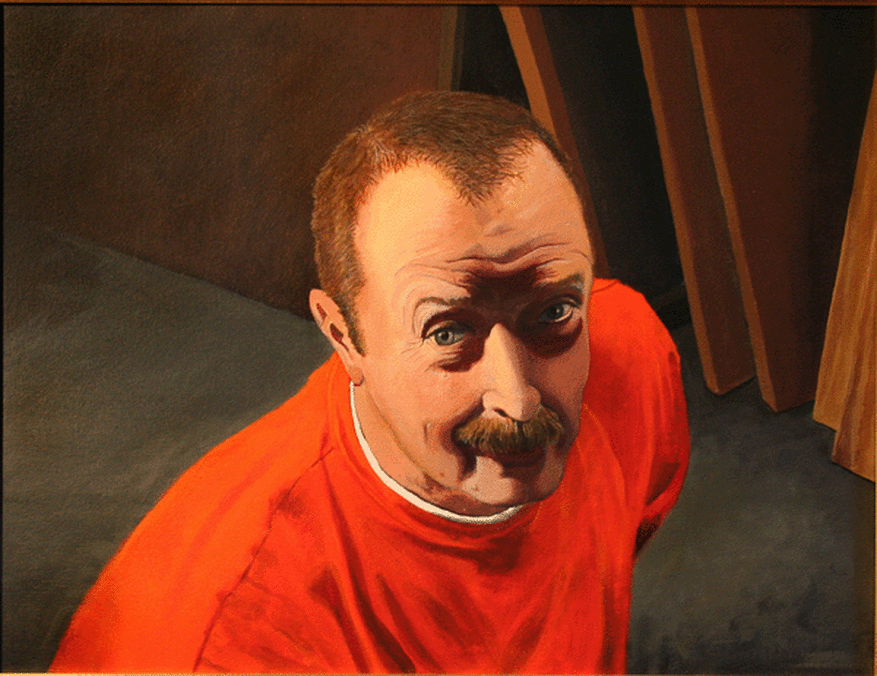Written by Erika Wasonoredjo
Edited and packaged by The Little Rebellion
Students in Professor Lindsay Lennon’s Feature Writing class were assigned interviews with SUNY New Paltz alumni who were featured in Wired Gallery’s “Golden Age of New Paltz” exhibition. Here’s what they found:
Eileen Cowin never felt that her gender limited her from creating art in the 60s and 70s. Today, she continues to create artwork inspired by the political atmosphere.
On a bright and early California morning, Eileen Cowin is packing for her flight to New York—her very first home. A New York City native, Cowin is an accomplished artist who graduated from SUNY New Paltz in the 70s. She has spent years concentrating in photography and videography. Known for her narrative style of composing art, Cowin’s work draws inspiration from storytelling and exploring relationships. She is one of the artists featured in the Golden Age of New Paltz exhibit.
When did you realize your passion for art?
When I was in the second grade, I drew a farm scene even though I’d never seen a farm. But my teacher called my parents and told them I had talent so I kept drawing farm scenes. I kept getting praise from teachers about my artwork therefore I gravitated towards it.
How did living in New Paltz affect your art in the 70s?
It was a very freeing environment. I was exposed to many different types of work. I had one teacher for drawing, Harry Hurwitz, and one day the model didn’t show up so we had to take turns getting up on the platform to model. He would say, “Eileen, you draw Berta’s style; Gary, you draw Eileen’s style”. He kept trying to challenge us to get us out of our comfort zone.
How is the Golden Age of New Paltz different from other art periods?
I think of it as a time period that reflected what was happening in the culture. My sculpture teacher was the only female studio teacher I ever had. Having a female teacher was radical and meaningful to me. I never felt, at the time, that I was treated less than because I am a woman. New Paltz was an oasis for me where we were all treated like artists regardless of our gender.
What were your inspirations during the Golden Age?
My main inspiration was Professor Robert Schuler. I would not be the artist I am today without him. He took us to the city and exposed us to new art and performances. It was revolutionary. He treated us like adults- not students. He was very unconventional. I remember just sleeping on the table all night in the printmaking studio. I wanted to be around there all the time. Sometimes he would walk in the room, jump up on the table and start dancing. He was never what you expected.
Why do you have recurring themes in your work?
I just finished a series called Mad Love which was a continuation of my interest in relationships but not relationships in the conventional sense. Relationships between the familiar and the unknown, cause and effect, fiction and nonfiction. I think that when you look at any artist’s work there is always a thread, or recurring theme.
How do you approach your mediums differently?
I actually approach them in the same way. I love working with narrative. In my next life I’d like to be a writer. I look at narrative in an open ended way, not a linear one. The filmmaker Jean Luc Godard said that every story should have a beginning, middle and end, but not necessarily in that order. I typically use a collision of images that don’t always seem to go together but unravel in an interesting way.
What do you hope for people to take away from your art?
First, I want to make the work visually interesting so it is seductive. Then I hope it is compelling enough to keep them there. You start to look at the piece and see different things. There are many questions but not one answer.
How have your pieces changed over the years?
I put images together to create a narrative and I’ve been doing that since New Paltz. In the late 60s and 70s, I took photographs and put them on transparency material. Then, I combined them with images of the Vietnam War from magazines. I’ve always been political in a subtle way. Right now I’m trying to respond to our culture of anger and anxiety. I think of it like a series of doors like in a game show. There is the climate change door and the immigration door and the race door. I have to decide which one to open.
What are you working on now?
I just did a three-channel video piece. I arranged them like three short stories. The first piece was based on the shortest science fiction story ever written. The second piece was about immigration. The third piece was about fear, although they all had an element of fear. I’ve been reading post-apocalyptic stories. I just re-read “Brave New World” and “1984” so I’ve been trying to channel those themes into my work.
